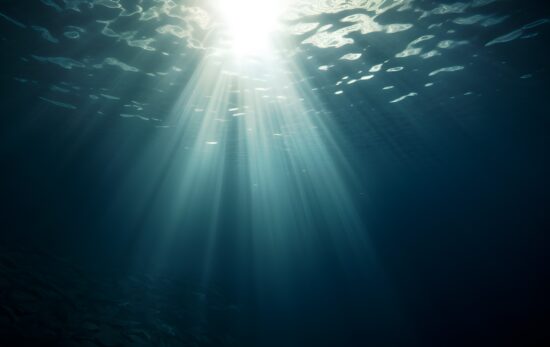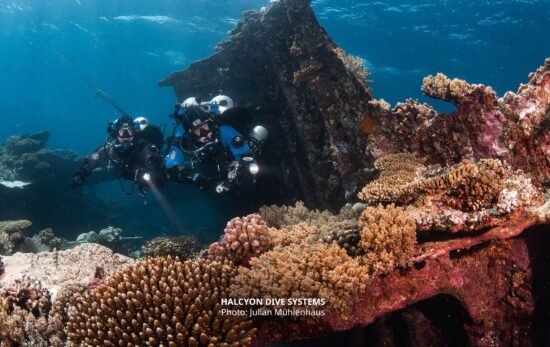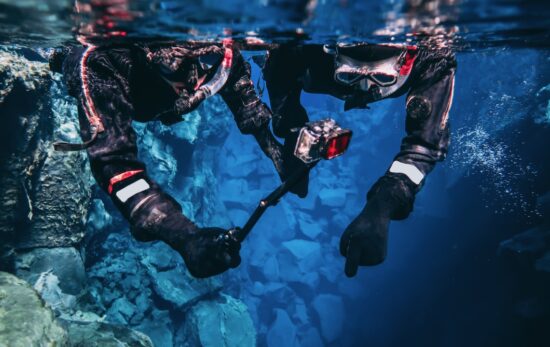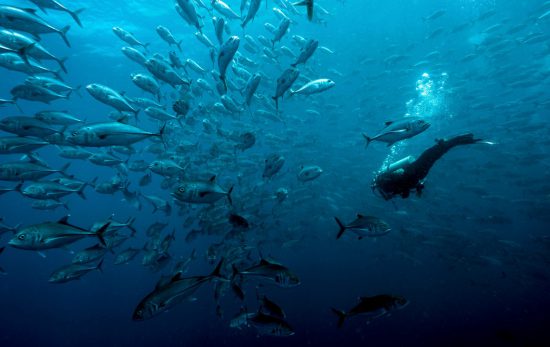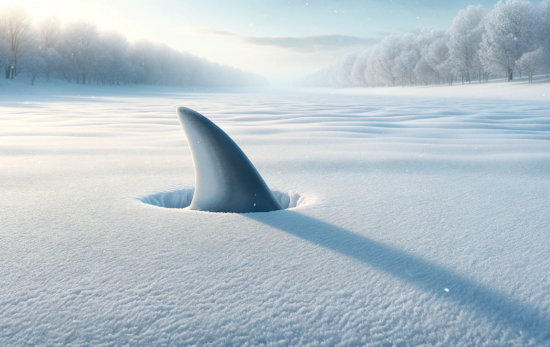In this article, we meet Jeff Loflin, Tec Trimix Instructor Trainer, Tec Cave Instructor and Tec Wreck Instructor, and learn more about his influence in the technical diving industry. Loflin was interviewed by a member of PADI staff, and this article was originally published on the TecRec blog on January 18, 2013.
What is your background and current involvement in diving?
I dive and have been diving almost every week for the past 30 plus years, and I still love every dive. I am currently the Dive Safety Officer for the Florida Department of Environmental Protection, part-time PADI Instructor Examiner and Tec Consultant, Former Chairman of the Board and current member of the National Speleological Society Cave Diving Section/Training Committee and a test diver for several technical equipment manufacturers, including sidemount and CCRs. I am President of Jeff Loflin Diving and train divers and instructors worldwide in technical diving. I am a commercial and scientific diver and serve on several Public Safety Dive Teams.
I was the owner/operator of Adventures Underwater, a PADI 5 Star IDC facility in Tampa, FL for 16 years. I served as an adjunct faculty member in the Marine Sciences Department at the University of Tampa for 8 years and taught 5 diving courses (Mar 100 through Mar 105-Underwater Techniques) approved for college credit. I am a certified underwater bridge inspector with the Florida Department of Transportation.
How did you get into tec diving?
Working as a commercial diver in Florida, I wanted to venture into deeper waters and explore ship wrecks without the top-side support personnel that commercial divers are used to having. Diving the deep wrecks off the Florida coast in open circuit gear was challenging and exciting. I was hooked on tec diving, and I decided to explore the numerous underwater Florida caves. Subsequently, I became passionate about cave diving.
Do have any specialized areas of interest?
I enjoy all types of diving, but if had to pick it would be undiscovered or large wrecks and new cave systems.
What do think the greatest challenges are in this kind of diving?
Anyone that wants to get involved in technical diving should know that it will take a serious commitment of time, money and patience to be comfortable with the different challenges encountered by a tec diver.
What are the most important attributes of a tec diver for the type of diving you do?
Physical fitness, education, and proficiency in the type of tec diving you enjoy. Did I say PATIENT?
What are the most likely mistakes a tec diver can make in your kind of diving?
Getting complacent and moving too fast through tec certifications without spending sufficient time diving at each venue at each level.
How do you prepare for a demanding technical dive?
I start planning my tec dives days before the dives. I review all my checklists and dive planning information with all of the dive team members to make sure we are all in agreement and we have the best plan and equipment for the dive.
What were your best or worst tec diving experiences?
My best tec dive was exploring some new caves in the Dominican Republic. My worst was Trimix ice diving because I did not have enough exposure protection and I was very cold and miserable. I am a thin-skin Florida diver.
What influences your selection of dive gear?
I enjoy trying new dive equipment. I read what the manufacturer says about a piece of equipment, and I look for divers that have used the equipment already and/or look online for reviews. The manufacturer has to stand by their product, and I look for a good warranty.
What kind of person do you want diving in the same team as you?
I dive with people for enjoyment that have the same commitment as I do in regards to safety and dive planning. My dive partners never take short cuts or participate in “trust me” dives.
What advice would you give to someone thinking of getting into tec diving?
Tec diving is challenging, but if you are willing to put in the time, effort and financial commitment, it will provide you with a multitude of new and exciting diving opportunities.



